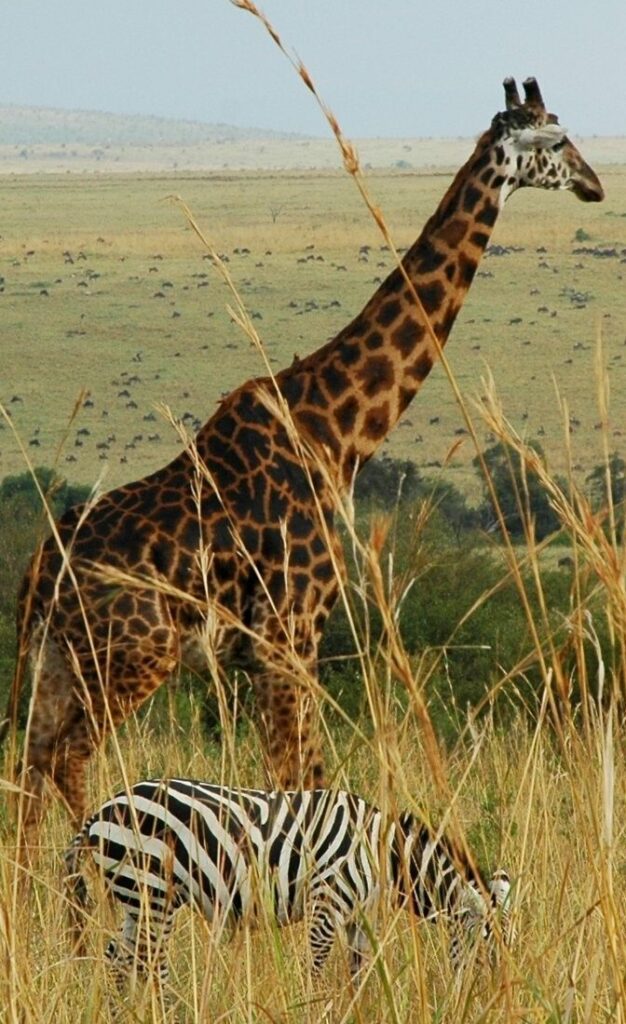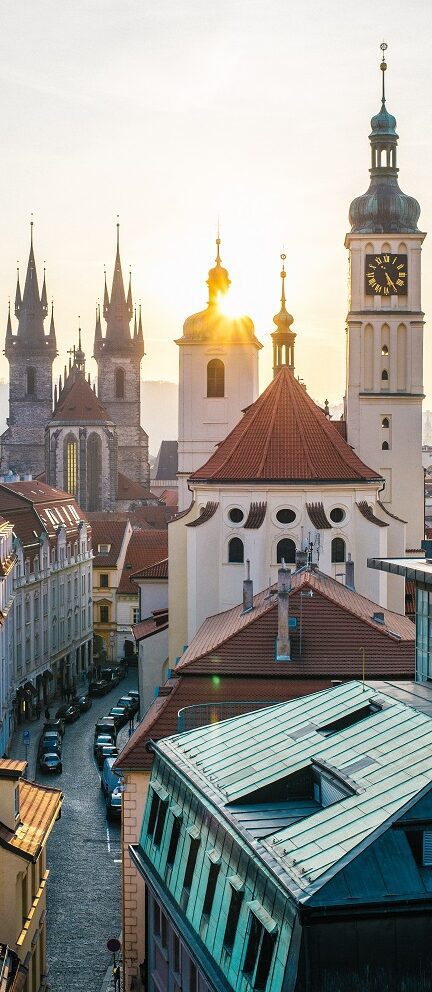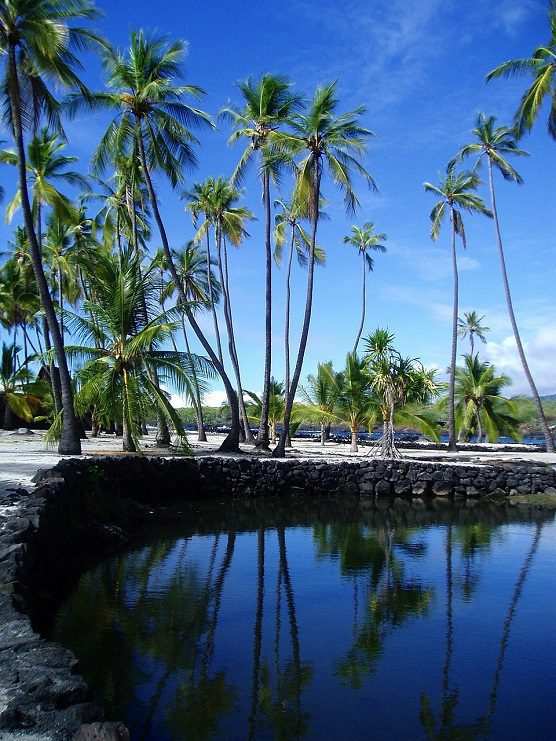I spent the next night at Fly Camp with Collier and Nuno Curado, a mellow, ponytailed wildlife expert who told me about the long-absent species that have reappeared lately in Portugal. Iberian ibex, reintroduced in Spain in the late 1990s, have begun migrating across the border. The panicked bull I saw is being used by the Tauros Programme, an eight-year-old Dutch initiative, to breed an aurochs-like cow. Sightings of Spanish imperial eagles and roe deer are on the rise. Then there are the Iberian wolves, whose comeback has delighted conservationists but dismayed residents.
The next morning Curado roused Collier and me at 4 am to drive east, across the Spanish border, where we hoped to see a wolf. Our guide, Jose Luis Santiago, led us up a slope of pine forest, pointing out a fresh paw print along the way. We spent an hour in the morning sun, watching deer graze near a group of beehives—farmers use this land, too. Forest lay just beyond, and down below sat a cluster of stone houses. We never did see a wolf, but the scenery made it hard to complain.
On the drive back to Portugal, I asked Collier if the arrival of wolves would require fences to be built around Star Camp. “The day we see wolves, it’ll be more of a reason to celebrate than a point of concern,” he said. He paused, then added that there’s more to rewilding than wildlife. “Whether it’s your surroundings or what you choose to eat and drink,” he said, “it’s about adding a dose of rawness and reality to your life.”







